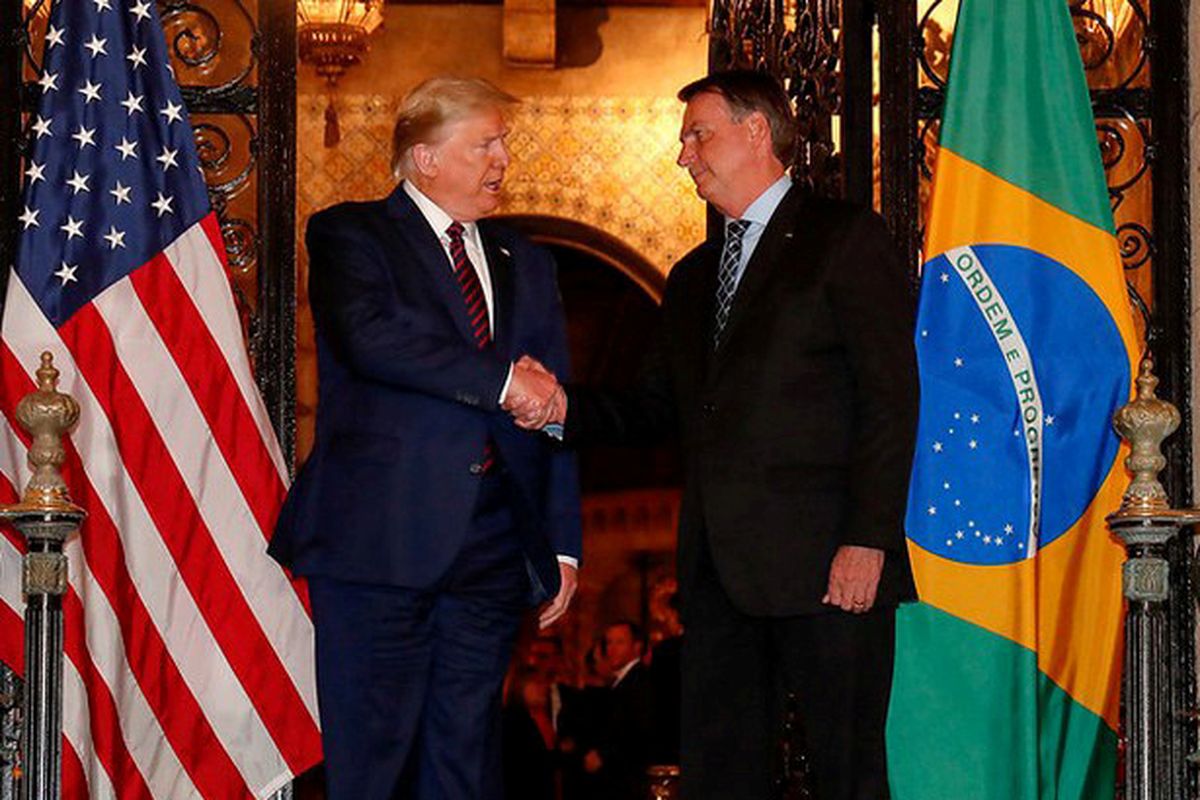In the Coronavirus Pandemic Battle, Populist Leaders Perform Poorly

LONDON, KOMPAS.com – Countries that are at the top of the rankings of Covid-19 deaths globally have one thing in common — populist leaders.
These countries are not the poorest, the richest, or the most densely populated either.
In politics, populism entails pushing policies that are popular with “the people” rather than the elites or experts.
US President Donald Trump, the UK Prime Minister Boris Johnson, and Brazilian President Jair Bolsonaro are some of the populist leaders who rose to power in democratic countries.
Their campaign sought to challenge the old order through promises of providing social benefits to the masses and rejecting the establishment.
Read also: More Indonesian SMEs Poised to Gain Access to Social Assistance Programs

India’s Narendra Modi and Mexico’s Andrés Manuel López Obrador are also part of the populist crowd.
In spite of populist leaders’ rise to power, it turns out that when dealing with a new disease like the coronavirus pandemic, these leaders fare poorly compared to their liberal democratic counterparts.
The disruptive policies of populist leaders have not proven effective in the fight against the Covid-19 virus.
This is in comparison to liberal democratic models in countries such as Germany, France, Iceland, South Korea, and Japan.
Academics have been fretting about whether liberal democracy — the political system that helped defeat fascism in World War II, set up international institutions like the World Health Organization and seemed to have triumphed in the Cold War three decades ago — can muster the stuff to take on the new populism and address complex 21st-century challenges.
The coronavirus pandemic has crystallized that dilemma.
“This is a public health crisis that requires expertise and science to resolve. Populists by nature ... have a disdain for experts and science that are seen as part of the establishment,” says Michael Shifter, president of the Inter-American Dialogue, a Washington-based think tank. He was discussing Brazil, where at least 81,000 people have died.
“Brazil has a wealth of expertise and the US does, too,” Shifter says. “But the problem is, the populist politics makes it very difficult to implement rational policies that really resolve the issue — or at least manage the crisis more effectively.”
The United States, Brazil, the United Kingdom and Mexico all are led by leaders who have been skeptical of scientists and who initially minimized the disease.
Read also: Indonesians Believe Coronavirus Is a Lie: Covid-19 Task Force Head
These four countries account for half of the 618,000 Covid-19 deaths worldwide so far, according to statistics tracked by Johns Hopkins University.
India, meanwhile, is coming on strong. It just passed the mark of 1.2 million confirmed cases.
“The pandemic and the economic crisis reveals the price of incompetence, and that this actually matters," said political scientist Thomas Wright of the Brookings Institution.


































